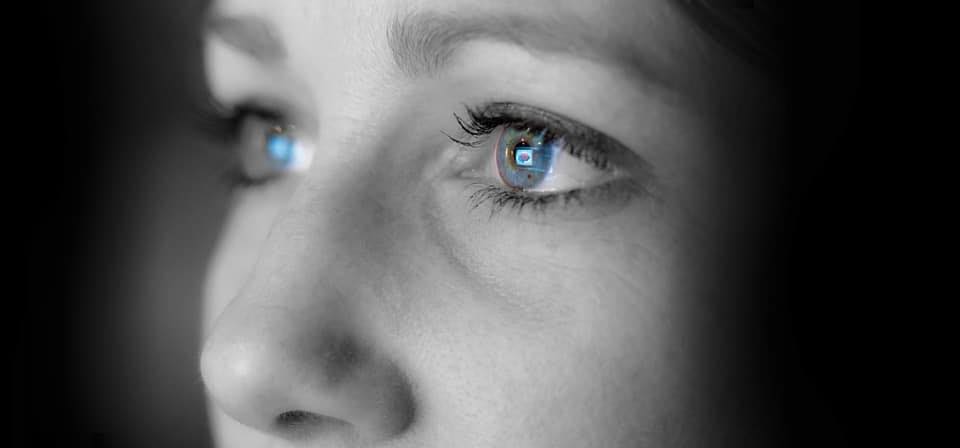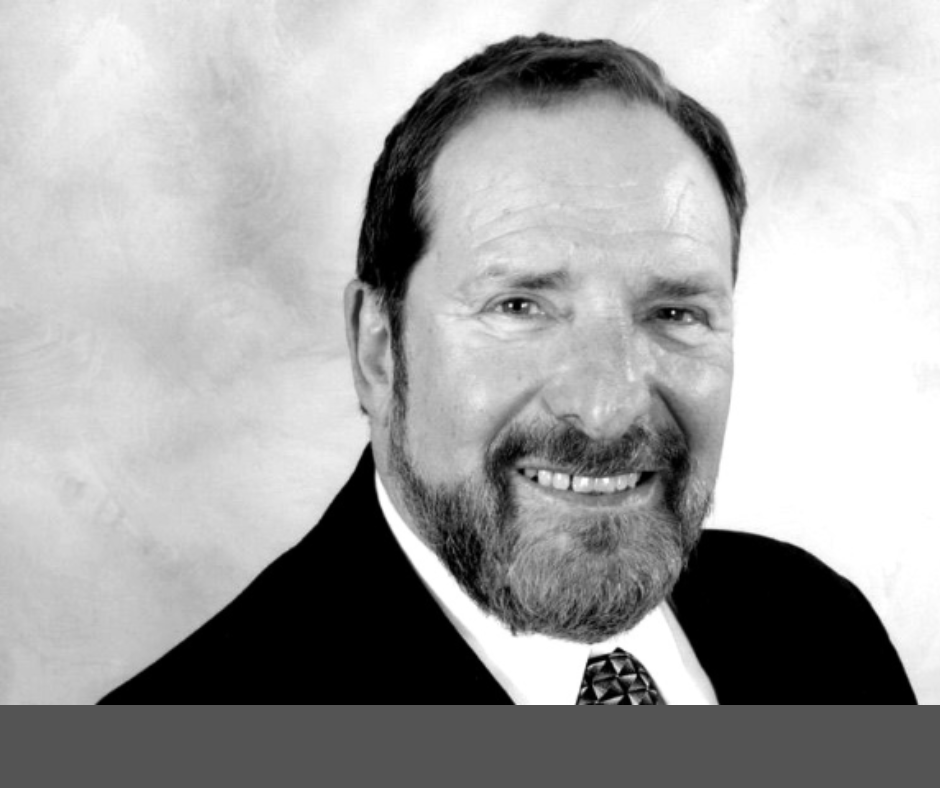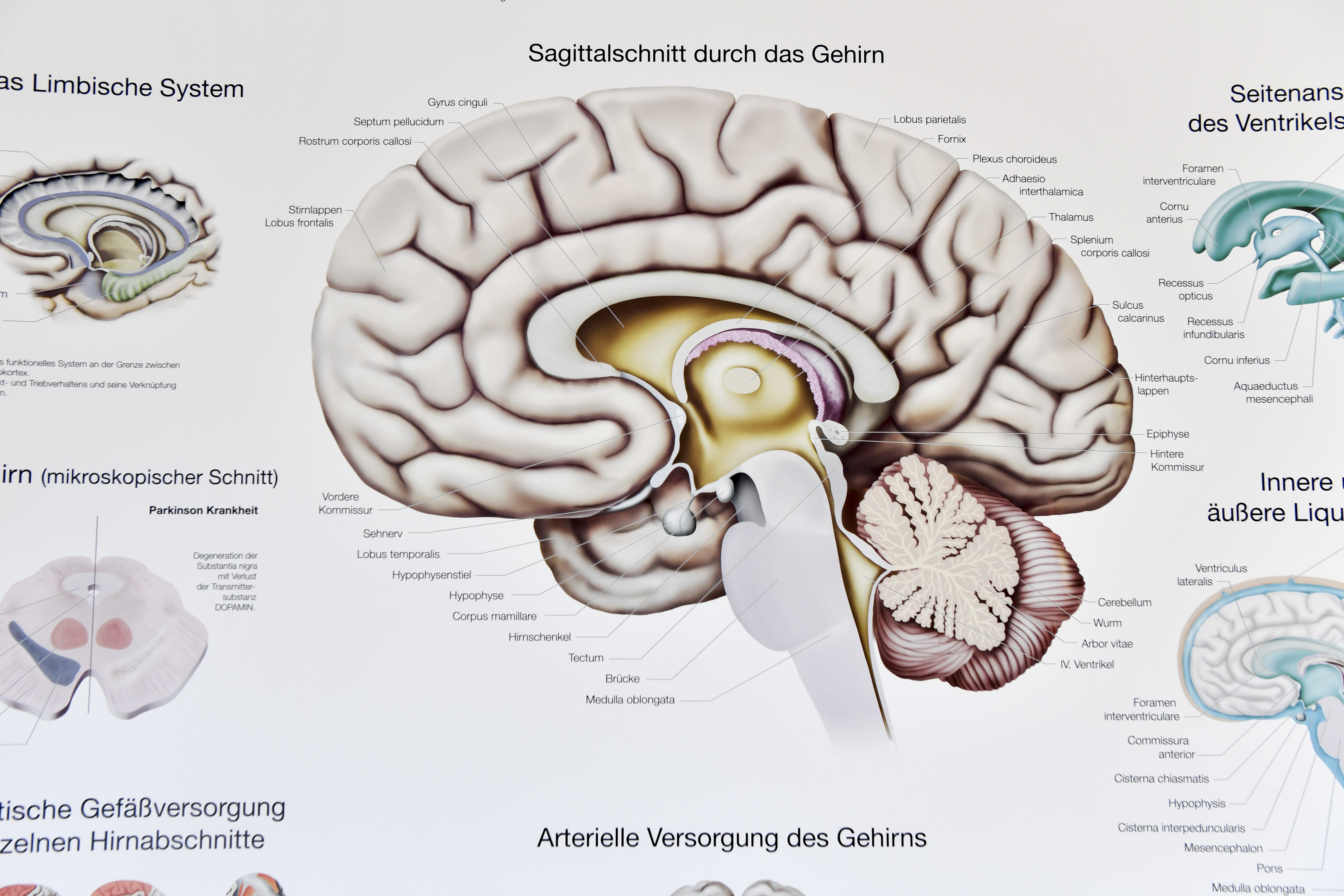
The use of ILF neurofeedback in Parkinson's disease - background and case studies
11. April 2024In the study - Managing intractable symptoms of Parkinson's Disease: A nonsurgical approach employing infralow frequency neuromodulation - the authors argue why ILF neurofeedback can have positive effects on the symptoms of Parkinson's disease. Three case studies are also discussed.









